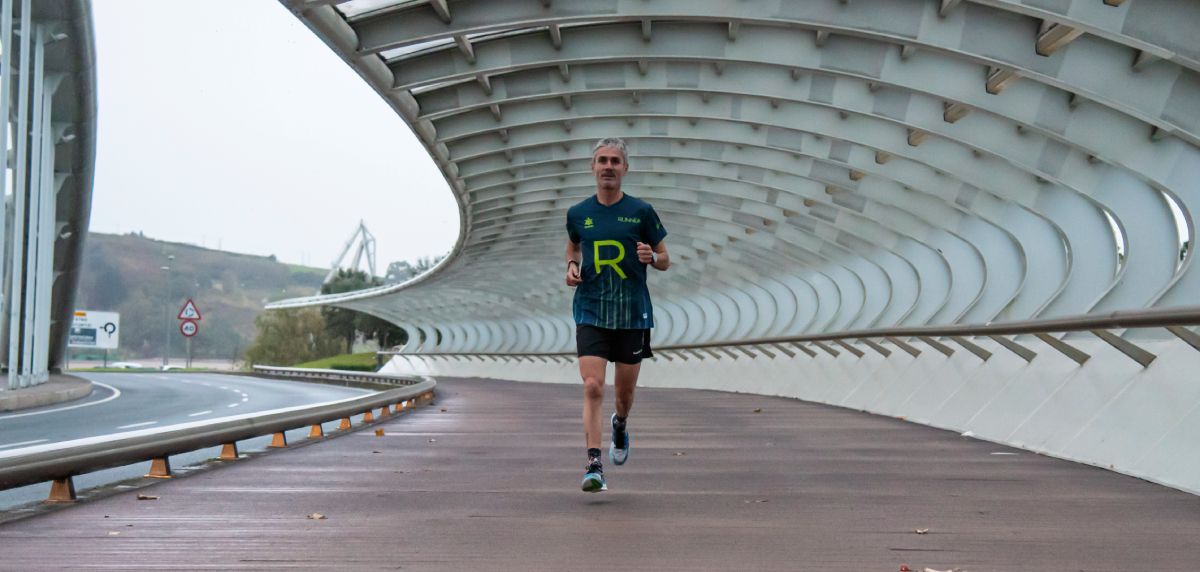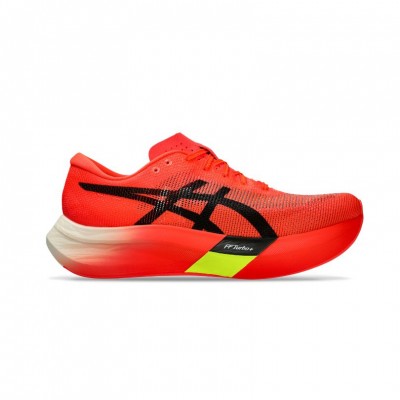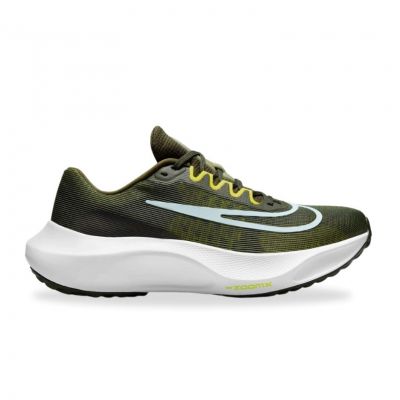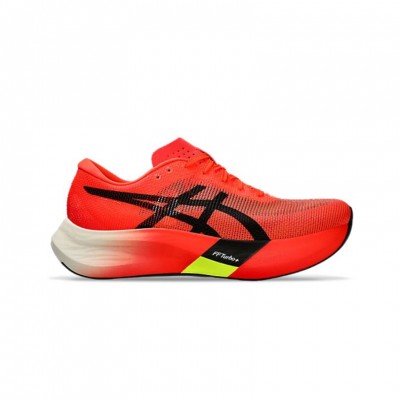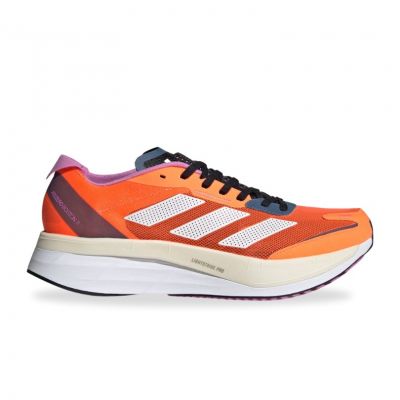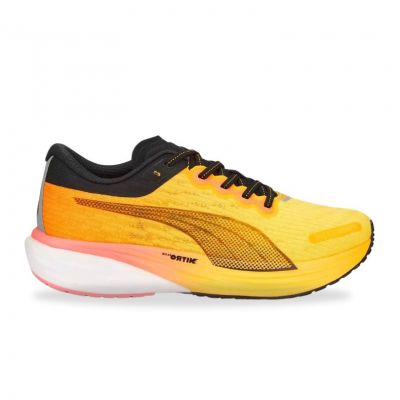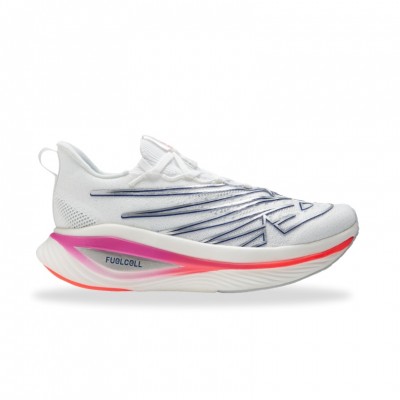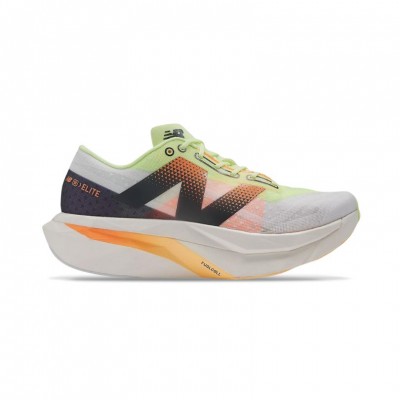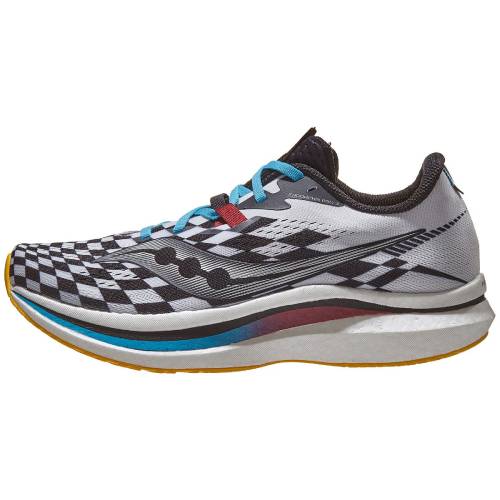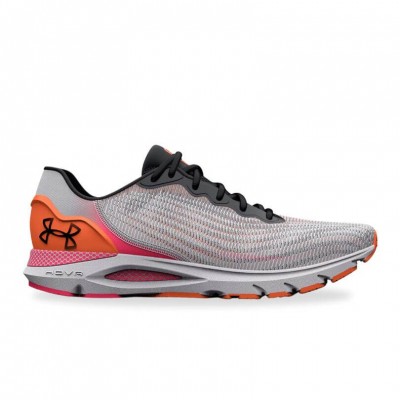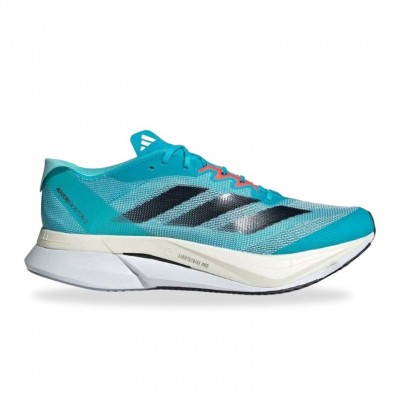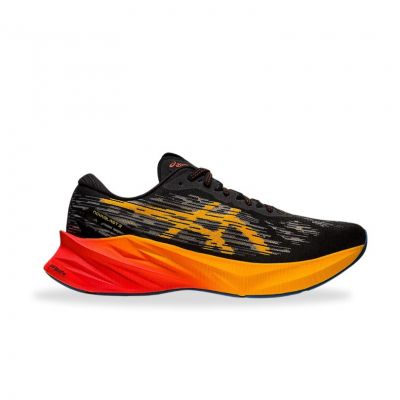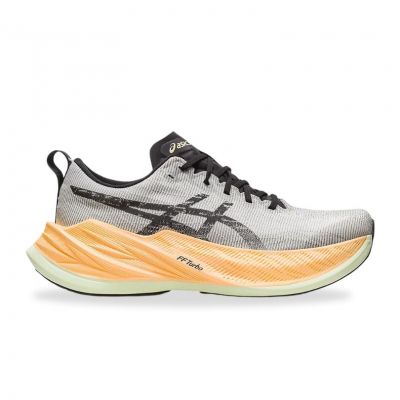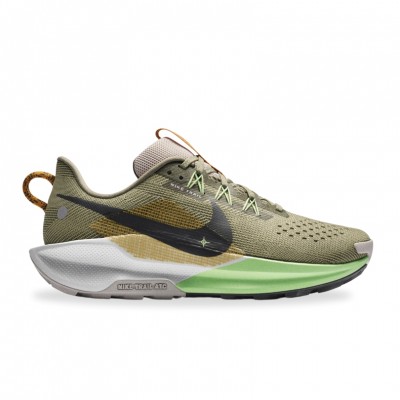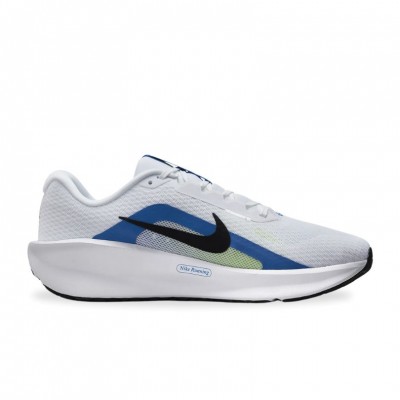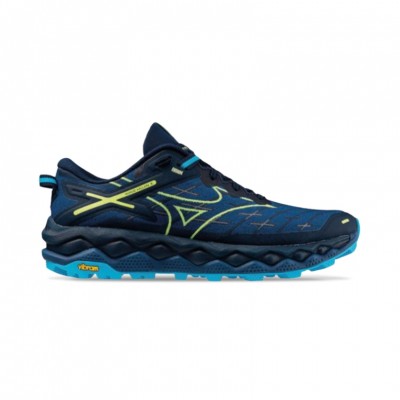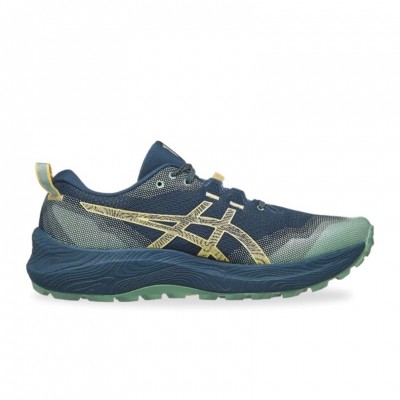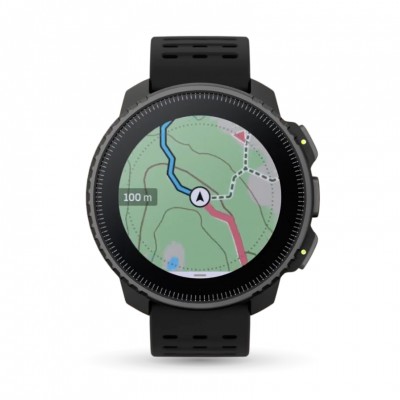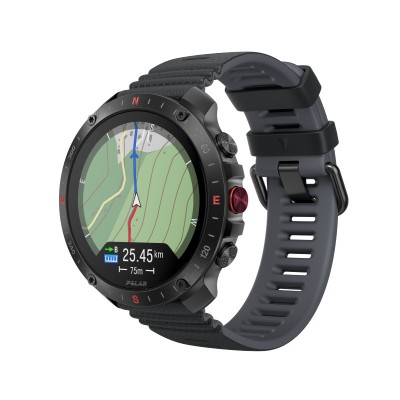The fact is what it is: Kenisa Bekele, 41 years old and second classified in the London Marathon 2024 with a time of 2 hours 4 minutes and 1 second. New M40 world record (runners over 40 years old). Yes, far from his marathon best of 2 hours 1 minute and 41 seconds (in Berlin in 2019); but that Bekele is able to maintain an average pace of 2:57 minutes per kilometer during the race makes it clear that age is no barrier to reach stratospheric marks.
Another illustrative example is that of the versatile all-rounder Chema Martínez. At 52 years of age, the experienced runner from Madrid recorded a time of 2 hours 34 minutes and 27 seconds, running at 3:40 minutes per kilometer, in the last edition of the Zurich RockânâRoll Running Series Madrid 2024. All this after a long-term injury.
Within athletics, it is common to think that youth is synonymous with speed and endurance. However, many masters athletes are challenging this notion, improving their personal bests even decades after what many would consider the "peak" of their athletic career.

Theories from sports practice: Experience and strategy as keys to success
In the realm of training for veteran runners, insights from renowned figures in world athletics provide valuable perspective on how age can complement athletic ability. John Smith, a revered U.S. coach known for his work with Olympic champions such as Maurice Greene, stresses that one of the greatest benefits of age is accumulated wisdom and experience. According to Smith, master athletes have not only refined their technique over the years, but have also learned how to maximize the efficiency of their training.
"Veterans know exactly what works for them and what doesn't, thus avoiding unnecessary burnout and optimizing each training session for the best results," Smith explains.
On the other hand, and playing at home, we have Martín Fiz, a Spanish long-distance legend and a living example of how an athlete can continue to improve with age. Since his success in the masters category, Fiz has achieved something unprecedented: winning the six most prestigious marathons in the world in his age category. Fiz attributes his continued success to a combination of adaptive discipline and a deeper understanding of his body.
"Over the years I have learned to listen to my body and adjust my training and recovery accordingly. This allows me to stay at the top without overtraining," says Fiz.

He also highlights the importance of motivation and goal setting, elements he considers fundamental to maintaining passion and competitiveness on the track or on the road.
The insights of these two experts highlight a key trend: while young runners may have the advantage of natural physical endurance, veteran runners compensate with refined tactics, a deep understanding of their capabilities and a mental approach that can only be forged through years of competitive experience.
This combination of experience, fine-tuned technique and smart training strategy is what allows master athletes to remain competitive and, in many cases, continue to set and break personal and world records well into their veteran years
Sports medicine analysis
In the field of sports medicine, it has been observed that master athletes often experience physiological changes that, while leading to a natural decline in certain physical abilities, also provide specific advantages. Dr. Caroline Silby points out that one of the most significant aspects is the optimization of oxygen use. Older athletes tend to have greater efficiency in oxygen consumption during exercise, allowing them to maintain endurance performance for longer.

In addition, the doctor notes that the ability to recover after intense exertion can improve over the years, due to the body's adaptation to multiple cycles of training and recovery over the years. This includes not only better management of the body's physical resources but also hormonal adaptation that promotes muscular endurance and recovery.
Veteran athletes can also benefit from increased bone and muscle density, the result of years of consistent training. This density provides them with a solid foundation that helps them prevent injuries and maintain a high level of physical activity, despite their age.
Not sure which running shoe to choose?
In a few simple steps we help you to choose the ideal running shoe for you
Go to the Shoe FinderAnother advantage highlighted by sports medicine specialists is improved neuromuscular coordination. Over time, the body learns to execute complex movements more efficiently, which reduces energy expenditure during running and improves running economy. This is crucial, especially in endurance sports where efficiency in each stride can make a big difference in overall performance.
These changes, coupled with a more strategic and less impulsive approach to competition, allow many masters athletes to not only compete successfully against younger opponents, but in many cases, to improve on their own personal bests from the past.

Photo: Chema Martínez on Instagram
Psychological factors.
The psychological component plays an important role in the performance of veteran athletes. According to Mihaly Csikszentmihalyi's flow theory, reaching a state of "flow" is fundamental for optimal performance in any activity. This state is characterized by total immersion and enjoyment in the activity, leading to peak performance. Csikszentmihalyi suggests that experienced athletes are better able to enter this state because of their ability to focus attention and exclude distractions, a skill that is often refined with experience.
To back up this idea, studies such as those published in the Journal of Sport and Exercise Psychology show that athletes who regularly reach the flow state report higher levels of performance and personal satisfaction. In addition, research suggests that prolonged experience in a sport increases the likelihood of experiencing flow, which is particularly relevant for master athletes.
With benchmarks such as these, one can see how the combination of physiological and psychological maturity contributes to veteran athletes not only continuing to compete, but often surpassing the records of their younger years.

Success stories at different distances: veteran athletes defying time
The history of athletics is replete with inspiring examples of veteran athletes who have not only maintained their performance over the years, but have managed to excel in international competitions and break records at different distances. In addition to Martín Fiz, these four other athletes exemplify this impressive phenomenon:
Bernard Lagat
This Kenyan-American runner, known for his achievements at middle and long distances, has continued to compete at the highest level even after passing the age of 40. Lagat has broken numerous records in masters categories, including the North American record in the over-40 age category in the 5 at 1 ,000 meters. His ability to maintain elite speed over these distances highlights the importance of experience and strategic management of training and recovery.
Jo Pavey
This British athlete is a symbol of longevity in athletics. At the age of 40, Pavey won gold in the 10,000 meters at the 2014 European Championships, making her the oldest European champion in history. Her continued success on the track underscores how continued dedication and focus on nutrition and recovery can lead to outstanding performance beyond conventional expectations.
Ed Whitlock
This Canadian marathoner broke all conventions about aging and athletic performance. Whitlock is celebrated for being the first man over the age of 70 to run a marathon in less than three hours. His focus on consistency in training, with long daily runs in a cemetery near his home, proved that with the right strategy, the limits of age can be dramatically redefined.
Rosa Mota
This legendary Portuguese marathon runner has remained a symbol of excellence and perseverance in athletics. A three-time world marathon champion (1987, 1991 and 1993) and gold medalist at the 1988 Seoul Olympics, Rosa has continued to impress the world by achieving her personal best in the over-65 category with a time of 38:45 in the 10k This mark highlights her incredible ability to maintain a high level of competition through the decades, proving that age can simply be a number when combined with experience, dedication and effective training management.

So what secrets do runners keep that allow them to continue to improve over the years?
With all that has been exposed in this RUNNEA Magazine article, the final conclusion is clear and it is necessary to underline that the so-called master athletes not only compensate for the loss of certain physical abilities with their experience and technique, but they can also benefit from physiological and psychological changes that allow them to continue competing at a high level.
Thus, the story of these runners is a direct and inspiring testimony that age can be simply a number and not a limit, encouraging runners of all ages to pursue their athletic goals with dedication and strategy. It's a moral that we at RUNNEA also endorse and, of course, proclaim to the four winds.
Read more news about: Running News
